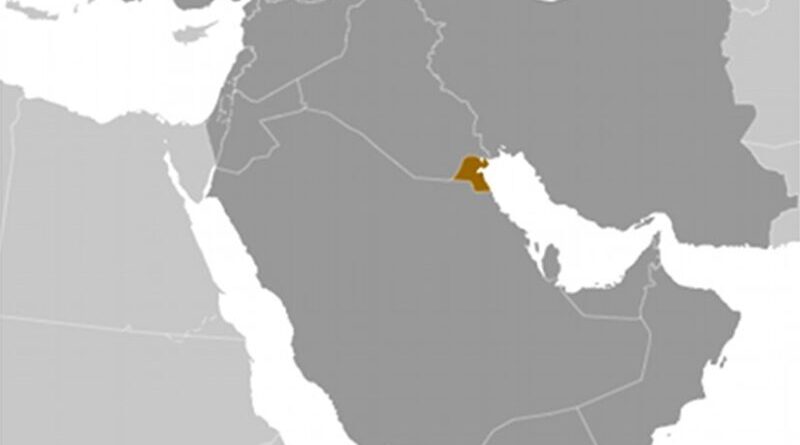Kuwait: High Voter Turnout For Parliamentary Elections
Kuwait voters turned out in large numbers at the poll stations to elect new representatives for the National Assembly, the 15th since Kuwait’s independence in 1961.
Kuwaiti sources told Asharq Al-Awsat newspaper that the turnout was between 69% and 72% compared to 2013, where it was 51.9%.
Political observers attributed the huge participation among both genders to two main reasons. They believe that economic challenges and the expected laws to be passed drove citizens to elect for their representatives. The second reason is the return of the abstainers who sat out in 2013 elections.
Kuwaiti political analysts believe that the return of opposition is the reason for the huge turnout. Resources close to the regime believe that brings back the national unity and unites all parties in the National Assembly.
The current government, led by Sheikh Jaber Mubarak al-Hamad al-Subah, is expected to resign on Monday.
Turnout was high with some polling stations reporting that 80 percent of eligible voters had cast their ballots by the time polls closed, state-run Kuwait Television reported.
The elections witnessed huge participation of the elderly since the government provided wheel chairs and transportation. A voter was sick, and used an ambulance to take him on his hospital bed to the polling station to cast his vote.
Friday was electoral silence day, one day before the actual elections day. The law provides that the media, even electronic media, is not allowed to practice any activities regarding the candidates’ electoral campaigns.
Nominees themselves will have to bring their campaigning to a complete halt. Anyone, including the media, caught breaking the mandated silence will be subject to a KD 5,000 fine.
Pre-election silence aims to give voters a chance to carefully consider their choice for the election day. The media can only offer messages to educate the voters on elections, or urge them to positively take part in the vote.
According to the Ministry of Information’s relevant decree, broadcasting, re-broadcasting or publishing any interviews, programs or reports with candidates for the National Assembly elections or the Municipal Council, is prohibited on the polling day, and the day before it.
Asharq al-Awsat newspaper toured the polling stations in some schools and saw candidates among their supporters. They were in their designated tents with their pictures hung inside and with food everywhere. It was like a celebration.
According to Kuwaiti law, candidates are allowed to enter the polls stations. Former Speaker Marzouk al-Ghanem told the press that Kuwait is facing many challenges that should be addressed.
Meanwhile, Ministry of Interior warned voters not to take photos of the ballots after casting their votes, saying this is prohibited by the election law. According to the law, a violator can spend five years behind bars, and pay a fine of KD 5,000, the ministry’s statement added.
Article 44 of Kuwait’s Election Law provides for punishing violators in the case of using force or threatening to prevent voters from practicing their rights, or to vote for certain candidates, or refraining from balloting.
The same article provides for a penalty in case of vote buying, promoting false news about a candidate’s behavior among voters, or going to the polling station with a device with the intention of taking photos of ballots to prove one has voted for a certain nominee. Also, one will be punished if he goes to the polling centers carrying a fire arm, according to Article 30 of the law.
By Hatim Betioui, original source

